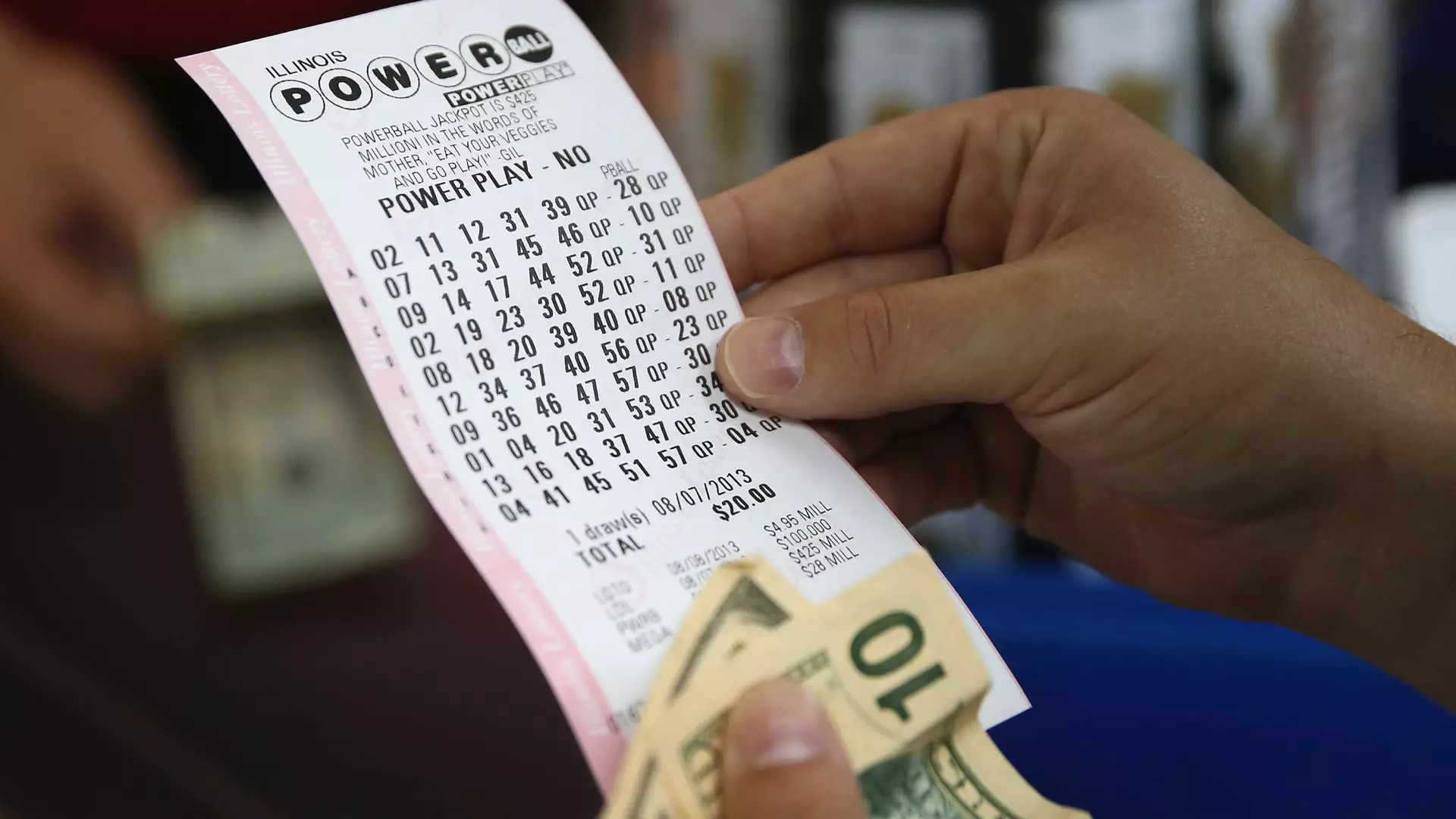Winning a multimillion-dollar lottery jackpot often seems like a dream come true—an escape from financial struggle and a ticket to instant wealth. Yet, beneath this shiny surface lies a complex reality filled with pitfalls, especially when it comes to handling the windfall responsibly. The allure of the huge payout often masks how unprepared most winners are to manage such a life-changing sum, leading to missteps that can tarnish or even ruin their newfound wealth. The optimistic narrative of “winning big” needs a more cynical re-evaluation, recognizing that extraordinary wealth can sometimes create more problems than it solves, especially if approached recklessly or without proper guidance.
The Illusion of Choice: Lump Sum Versus Annuity
When jackpots soar, winners are presented with two primary options: take a lump sum, or opt for an annuity that pays out over decades. A common misconception is that the lump sum is the “better deal”—a quick, immediate payout that offers maximum flexibility. However, financial experts warn against this instinctual choice, emphasizing that such a decision often disregards the dangers of mismanagement or impulsive spending. Annuities, with their structured, increasing payments, might offer a safer approach for those lacking financial literacy or experience. Yet, the appeal of immediate liquidity often dominates decision-making, setting winners up for potential financial chaos down the line.
The Taxman Cometh: The Hidden Cost of Wealth
One of the harsh truths that lottery winners face is the staggering tax burden that accompanies their newfound fortune. While the headline figures of hundreds of millions are dazzling, they vastly overestimate what any winner takes home after taxes. The federal government immediately clips about 24% of the jackpot through mandatory withholding, and that’s just the beginning. For high-income individuals, the top federal income tax bracket (37%) looms large, potentially devouring more than a third of the prize. To add insult to injury, state taxes further erode the winnings, sometimes leaving winners with only a fraction of the advertised jackpot. Missouri, for instance, deducts 4% for state taxes, and with its top rate reaching 4.7%, winners could lose even more—potentially over $200 million—without proper planning. On the other hand, winners in states like Texas escape state taxes altogether, highlighting the stark regional disparities that can drastically alter the net gain.
The Flawed Myth of Instant Wealth Management
Many winners, dazzled by their newfound wealth, believe that their financial problems are over. However, the reality is the opposite: handling such wealth requires advanced financial literacy, discipline, and a robust support system. Without these, winners are often vulnerable to scams, impulsive purchases, or overly aggressive investments. The average person lacks the infrastructure and expertise necessary to manage and sustain large sums over time, making the annuity option potentially more prudent, despite its less glamorous appearance. Yet, society’s obsession with immediate gratification often leads winners to squander their prize, fueling a cycle of regret and financial hardship that could have been avoided with better counseling and education.
A System Failing to Protect Its Wealthiest Citizens
While the public narrative emphasizes how lottery winners are swept into a fairy tale of wealth, the underlying systemic flaws become evident once taxes and regional disparities are considered. The U.S. tax system, despite recent reforms like increased standard deductions, still disproportionately impacts high earners—those most likely to win the jackpot. Moreover, the uneven landscape of state tax policies underscores a broader issue: the lack of equitable protections and guidance for those suddenly vaulted into the upper echelons of income. Instead of a fair safety net or financial education, winners are thrust into a complex maze of tax laws, legal pitfalls, and investment choices—problems that, quite frankly, the system is not equipped to address effectively.
The Cautionary Tale of Ill-Gotten Wealth
What the recent Powerball jackpot illustrates is a stark reminder that large winnings are as much a curse as they are a blessing. The combination of tax burdens, mismanagement risks, and lack of preparation exposes a fundamental flaw in how society treats wealth allocation. The push for immediate access to large sums neglects the critical need for financial literacy and strategic planning. Instead of just dreaming about the dazzling sum, individuals should focus on understanding how wealth transforms—and often corrupts—those unprepared to handle it. The true wealth lies in the wisdom to navigate this treacherous terrain, not in the raw numbers on a ticket. As tempting as the promise of instant riches is, the harsh reality is that without proper safeguards and knowledge, that inevitable windfall can leave winners worse off than before, entangled in tax obligations and financial pitfalls that threaten to undo their happiness and stability.

